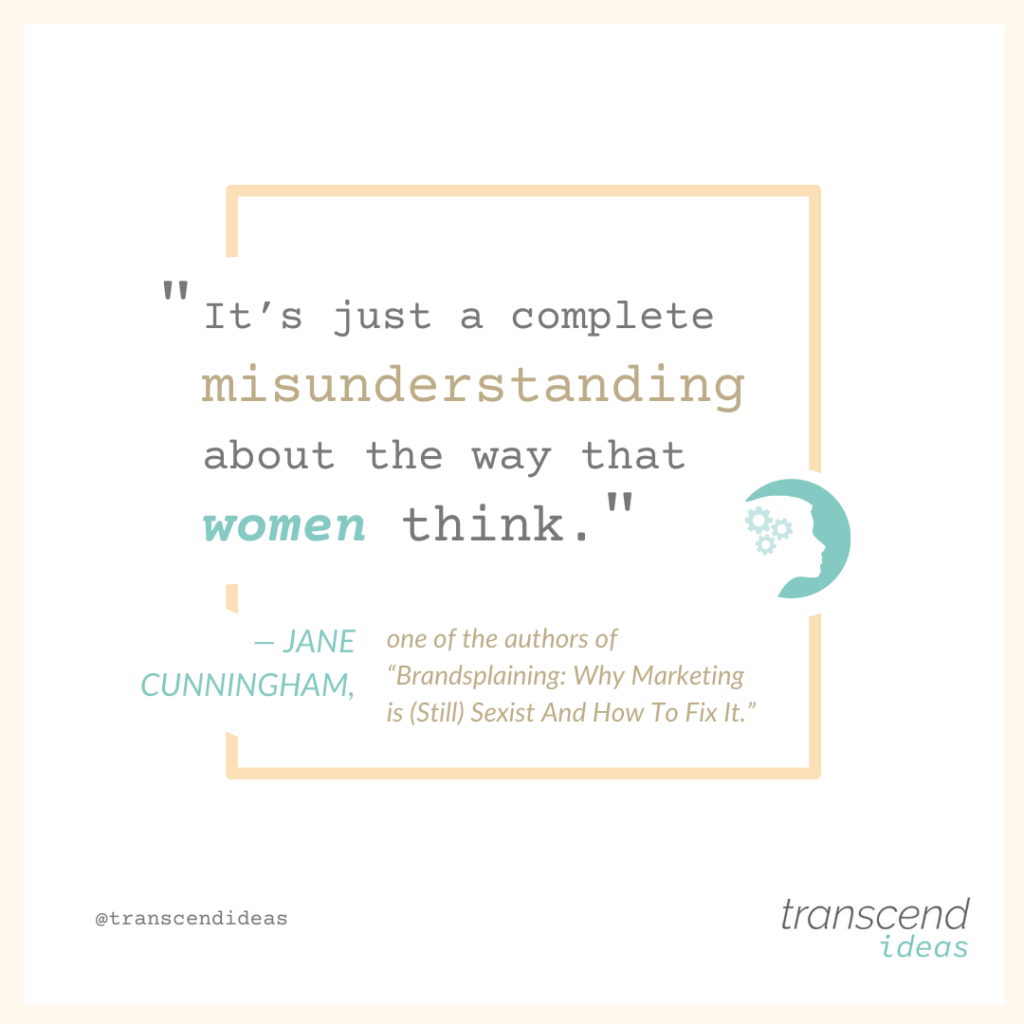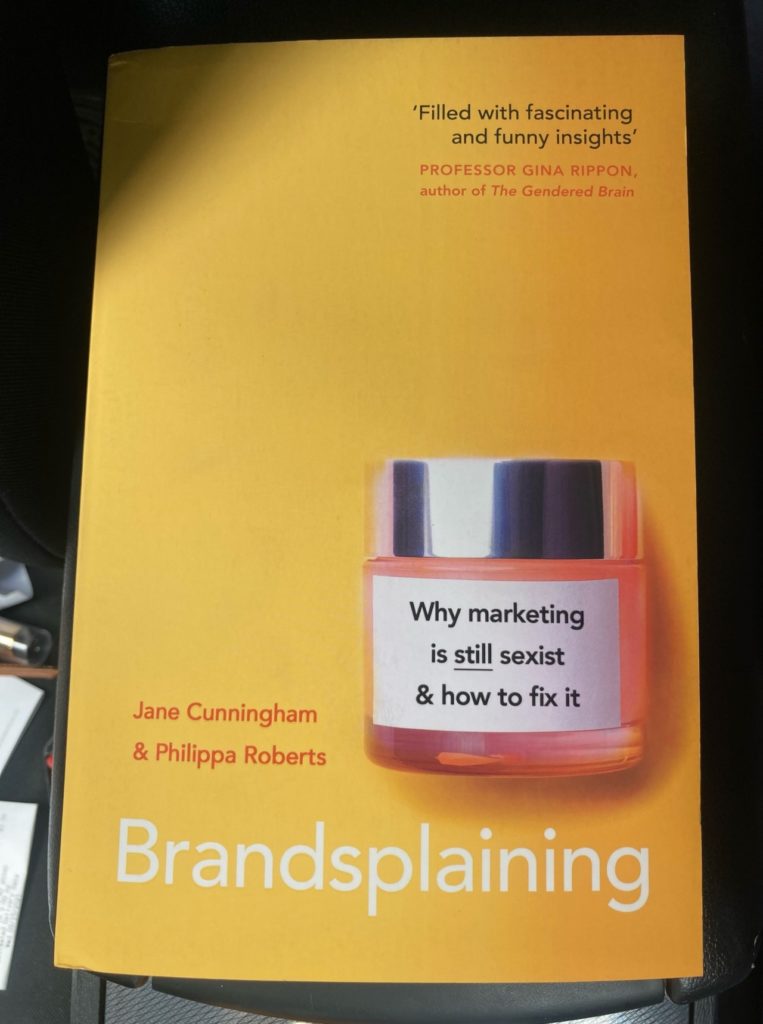
“Brands need to make women feel seen as they are, not as men want them to be. That’s the big shift that needs to happen. Brands need to stop telling women how to be, and start being in service to them.”
We just couldn’t stop saying “yes, yes, yes” to this New York Times article from Mara Altman on “Yes, Marketing Is Still Sexist.” We are fascinated by how brands have marketed to women for generations with out ever truly getting them. Being a mother it is even more apparent how brands are missing the mark on reaching us. A way that we say out loud, “you get me!” Cunningham and Roberts beautifully illustrate how brands haven’t truly considered the audience they so strongly want to reach.
Trends with Women in Marketing
Women in 2021 want to feel seen and heard. The economic impact the pandemic struck on women has been devastating. Opportunities have halted for women, especially mothers. The epidemic gave female workers the realization that work can look different for them. Opportunities with remote working being normalized are constant.
Women are working. They work from home, they go to school, they are raising their kids, they are without kids, they are coupled-up. Some women are single. Many female workers delegate the cleaning or the laundry. Whether they order in, cook, build community, have family nearby, or have a chosen family to lean into. Mothers are paying for daycare, nannies, and fur babies. They try to balance their self-care, they are constantly questioning themselves, they are confident, they are all different shapes, sizes, and shades, they “Google” when they don’t know something. The key point shows women are a fluid group that makes up 51.1% of the world’s population.
NYTimes: Yes, Marketing is Still Sexist
Between 1980 and 2010, women in commercials were shown in workplace settings only 4 percent of the time; frequently they were shown in kitchens, waxing poetic about the products they were selling. They were shown in kitchens so often that creatives referred to the trope in whispers as 2Cs in a K. “The K represented kitchen and you can guess what the Cs stood for,” they wrote.

Women Centered Marketing Solutions
It’s imperative that women get a seat at the table in creative decision making when it comes to marketing to women. After all, we are women and that’s the most relatable as it gets. Relating directly with the consumer you want to reach is most ideal in messaging and creative direction. From our perspective, we believe that with empathy marketing there can be lasting “business to consumer” relationships formed with great care and consideration. Here’s to more profound relatable brands that reach real women.
